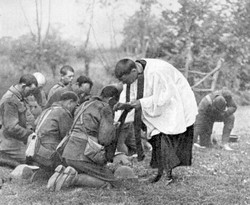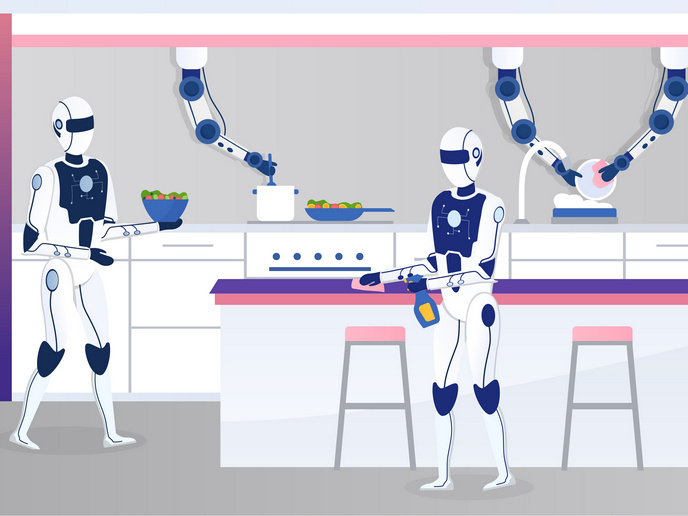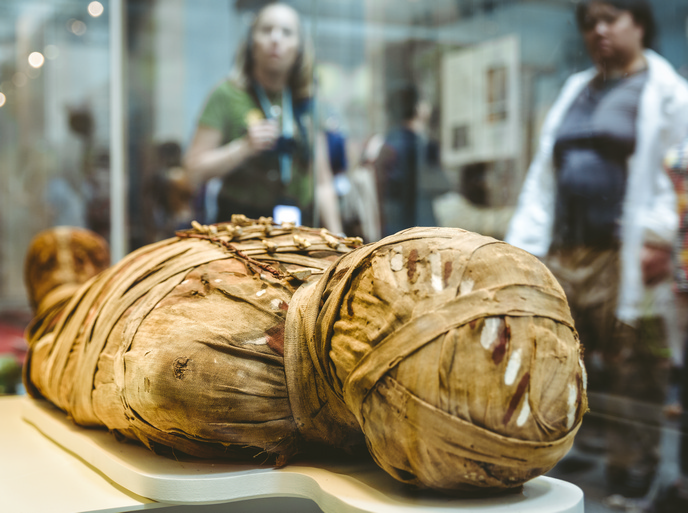An integrated research infrastructure for historical research
The project CENDARI(opens in new window) (Collaborative European digital/archival infrastructure) has developed a researcher-friendly system that brings together European historical archives and resources. Historians can use the platform to access and investigate historical data in a transnational fashion. Launched in January 2016, the virtual infrastructure offers a repository, Note-Taking Environment and Archival Research Guides (ARGs). It is easy to use and responsive to the requirements of researchers, supporting also multilingual searches across heterogeneous resources. This means users can define workflows and engage with large data sets, thus creating personalised research environments, shared spaces for both research and teaching and annotation trails. Project partners collaborated with 168 cultural heritage institutions to integrate their data in the CENDARI repository, resulting in a CENDARI Archive Directory containing around 830 000 data sets. An important project output, the ARGs facilitate the retrieval of collections, take up cross-sectional issues and lead users through the wealth of sources in the Archival Directory. Overall, the project team provided 16 ARGs for modern history (i.e. on World War I) and 9 for medieval history (i.e. on Medieval Culture). The tools(opens in new window) developed are available online under open source license. They can be used as single components or integrated with other project infrastructure services, and other projects can use the data integration framework. Project work also included a transnational access programme committed to supporting early-career scholars and stimulating historical research in the areas of medieval European culture and World War I. The programme facilitated access to key archives, specialist knowledge and collections in CENDARI host institutions. A total of 28 fellowships were awarded (50/50 gender split) over the course of the 4-year project. Transcending the limits of language and access to physical as well as digital resources, the project's integrated infrastructure makes historical research more efficient. The CENDARI environment offers new ways to discover meaning and thus ensure more robust knowledge creation. By extending the application of technology in historical research, project work has also contributed to the Digital Agenda for Europe.







